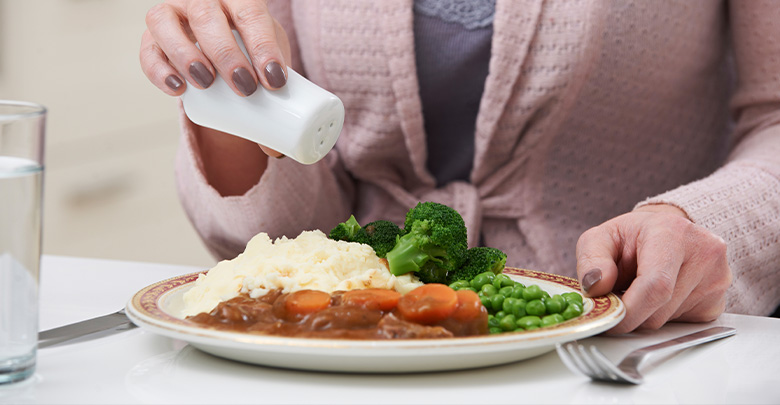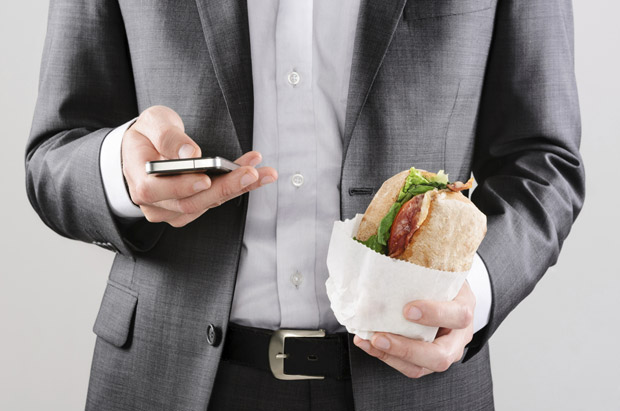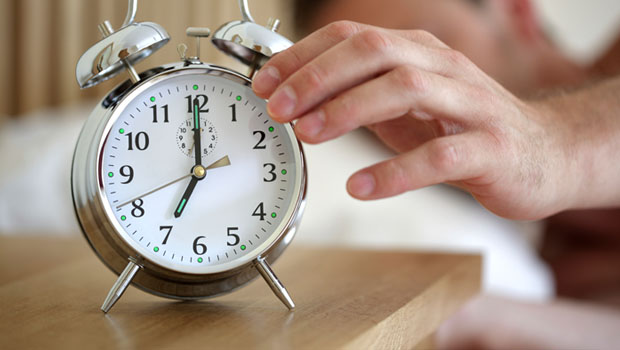How high blood sugar increases your appetite
The most tediously ironic challenge you may face as a person with diabetes is “excessive hunger” which often signals the need for tighter glucose control

Ever-present appetite referred to as “polyphagia” is something we all face on occasion, but consistently high blood sugars can make it a daily issue.
For some, “excessive hunger” can be one of the strongest symptoms of undiagnosed diabetes.
There are actually two very clear ways diabetes can impact your appetite: low blood sugar and high blood sugar.
Most people with diabetes — especially those who take insulin — are keenly aware of how a low blood sugar drives an insatiable craving for food, but we aren’t often taught that high blood sugars can spark those cravings, too.
Let’s take a closer look.
Why high blood sugars increase your appetite
When your blood sugar is high — which inevitably means you don’t have enough insulin present to transport glucose throughout your body — your body can’t actually get the glucose it needs to function.
And thus, your brain sends out hormonal messages encouraging you to eat! And that message is especially loud in its call for sugary foods or drinks.
What an ironic, viciously cruel little game! And remarkably unhelpful, because the last thing we want to add to already high blood sugar is more food. The more you give in to that craving, the more your blood sugar will continue to rise, and then the more you continue to crave food.
Ask your doctor to check your thyroid
People with diabetes have a higher risk of developing a thyroid disorder, and this can have a large impact on your appetite.
Hyperthyroid — which means your thyroid is overproducing essential hormones — can have a big impact on your appetite (along with other symptoms), and it needs to be addressed sooner than later!
Some healthcare centers automatically check thyroid levels in people with diabetes once a year in routine lab-work, but yours may not.
You can delve into this by looking up your latest blood work results in your medical file or by making a simple call to your healthcare team to discuss if it’s been done yet.
How high does your blood sugar have to be to trigger cravings?
Technically, in a healthy human body, high blood sugar is anything above 140 mg/dL. Although, in those of us with diabetes, you’ll most likely start to experience increased cravings when you’re cross that 200 mg/dL threshold — especially when you stay above 200 mg/dL for large amounts of the day or on a daily basis.
Blood sugar levels above 250 mg/L can absolutely trigger cravings — but if you start to develop ketones, those food cravings may turn into nausea for people with type 1 diabetes.
Morning Cravings for Sugary Beverages
As a former diabetes coach, I’ve worked with many clients — particularly those with type 2 diabetes — who have an irresistible craving for soda or sweet tea every single day of the week.
When you look more closely at what’s going on, I’ve often found a vicious loop where a person is fueling their craving for a sugary beverage because the sugary beverage is continuing to keep their blood sugar high.
Like with normal nutrition goals, one might think, “I am so hooked on my sweet tea, I just need to quit, starting tomorrow.” But if your blood sugar is still high, that sweet tea craving is going to feel extremely difficult to ignore. So much so, that you might be in a habit of telling yourself that you need it. Your body needs it. You’re thirsty without it (because, of course, high blood sugars also increase our thirst).
One particular client refused to address her blood sugar in other ways — by working more closely with her healthcare team to adjust her medications — so she continued to fuel her cravings which continued to fuel her high blood sugars. An impossible cycle to break if you aren’t willing to make changes in your overall diabetes management plan.
Cravings for dessert after most meals
You may have an irresistible habit of eating candy every day after lunch. While cravings for sugar mid-afternoon aren’t rare — even in non-diabetics — yours may be fueled by high blood sugar levels after your lunch.
This means that taking a closer look at your post-meal blood sugar levels and then adjusting either your food choices or your medication doses (especially your insulin) can greatly reduce those cravings for candy and other sweet treats every afternoon.
Press Pause on Sweet Foods
Regardless of what your sweet-food-habit may be, it’s time to press pause when you feel it and look more closely at what’s happening with your blood sugar at this time of day.
- Is your blood sugar high every single morning, so you head right over to McDonald’s on your way to work for your sweet tea or Coke?
- Is your blood sugar high every day after lunch, so you head right to the vending machine?
It’s time to start checking your blood sugar more often and look at what’s really going on! By addressing your high blood sugars, you’ll help to address many of those cravings.
Work with your healthcare team ASAP
Starting a new medication or making adjustments in your existing medications can feel like a negative or scary thing. For many, these feelings can stop you from asking for help and addressing the biggest problem: consistently high blood sugar levels.
High blood sugars don’t usually cure themselves.
Needing medication to help your body better balance your blood sugars is not a bad thing nor a failure — it’s an essential part of living well as a person with diabetes.
Increasing your insulin dose isn’t a bad thing either — It can simply mean that your doctor’s initial estimate of your insulin needs was too conservative, and you need to fine-tune your doses to meet your body’s needs.
Life Impacts Medication Dosing
Life changes can sometimes require changes in your medication doses.
For example, any of these changes will likely change the optimum levels of medication to best manage your diabetes.
- Slight weight gain
- Increased stress
- Decreased activity levels
- Hormonal changes
- Other medications
- The natural part of aging
Talk to your healthcare team and let them help you!




